Postdoc recognized by the American Society of Parasitologists A...


Postdoc recognized by the American Society of Parasitologists A...
Alabama has been a stranger to the rain several times during the past few years. To prepare the state with more than just a forecast, the Alabama Drought Reach (ADR) program provides climate data statewide. The ADR program is a collaborative effort by the Auburn...
From the Coastal Plain to the Black Belt, Alabama cattle producers are utilizing forage systems to their advantage to meet the challenges of modern agriculture. Alabama ranks 17th nationally in beef cattle, according to the Alabama Cattlemen’s Association. Alabama...
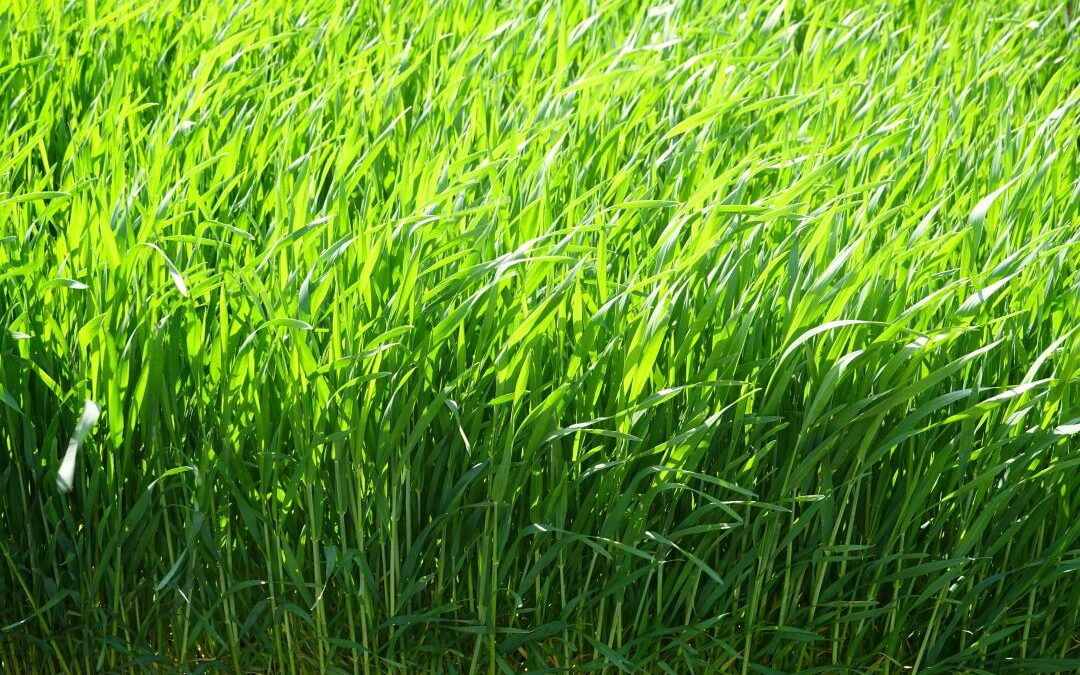
From the Coastal Plain to the Black Belt, Alabama cattle producers are utilizing forage systems to their advantage to meet the challenges of modern agriculture. Alabama...
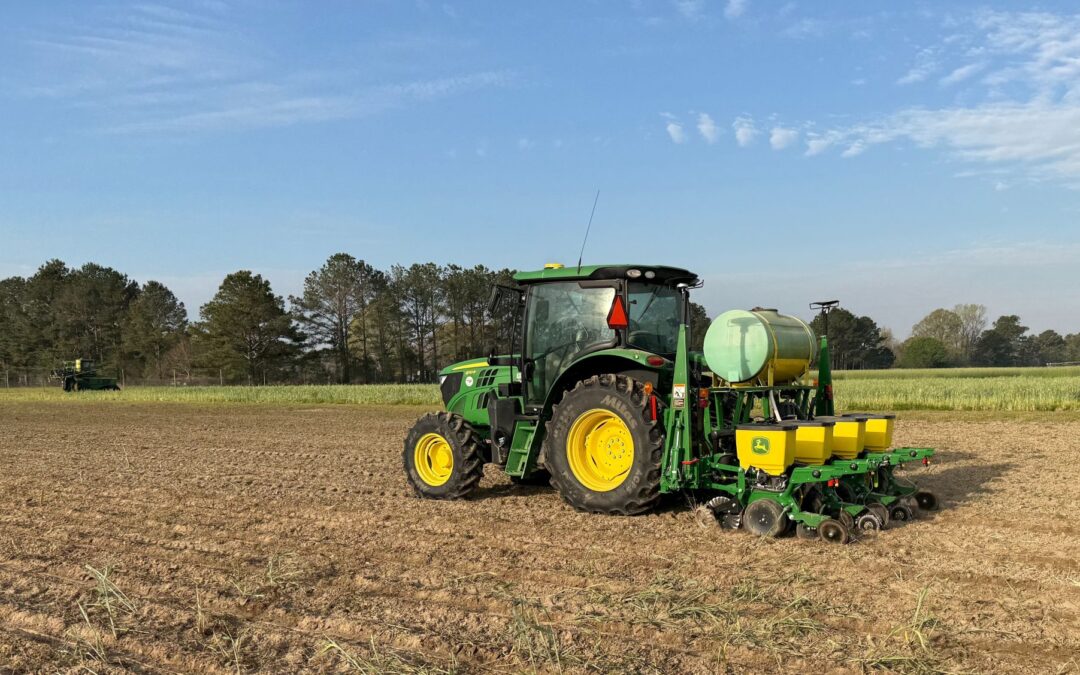
As spring planting shifts into high gear in farmers’ fields throughout the Southeast, few agricultural operations come close to matching the diversity of crops and...
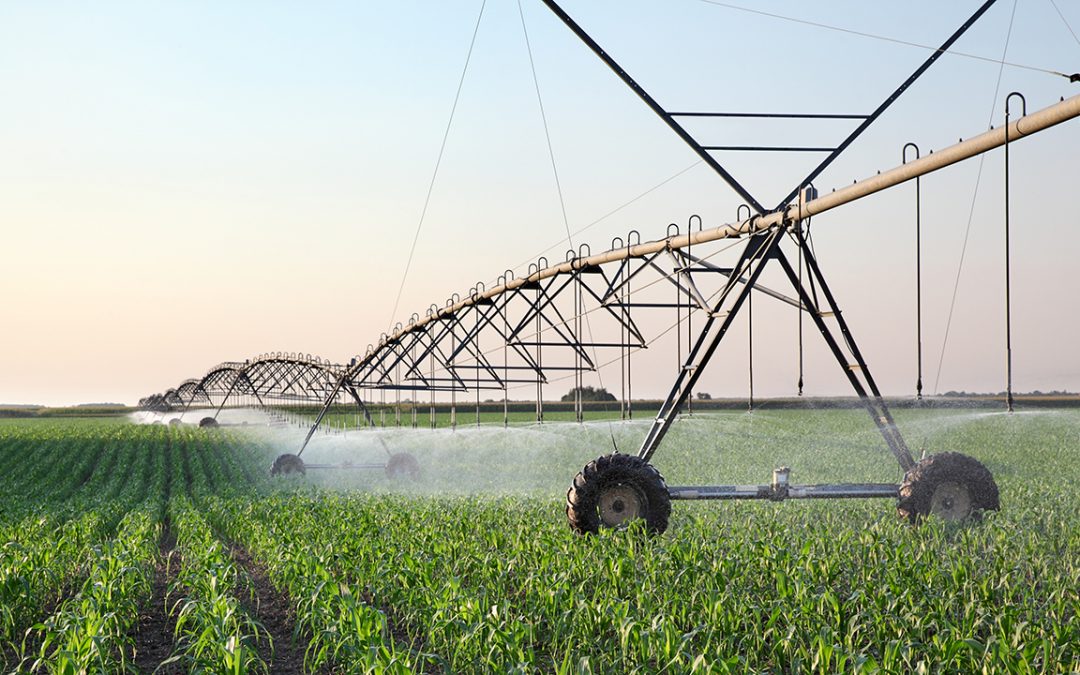
New model to help farmers make better investment decisions By Danielle Lunny Alabama farmers considering investing in irrigation equipment will soon have a free,...
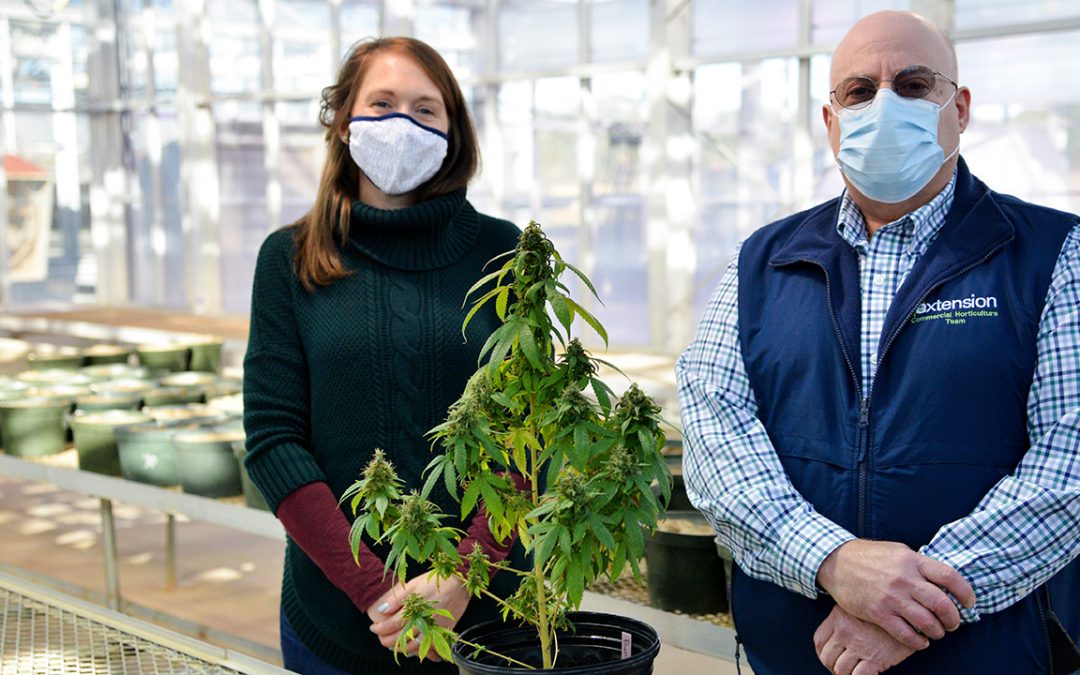
From exploring the viability of new crops such as hemp and grapes to protecting traditional crops such as peanuts and cotton, the College of Agriculture’s Production Agriculture Research, or PAR grants program, is working to provide immediate solutions...
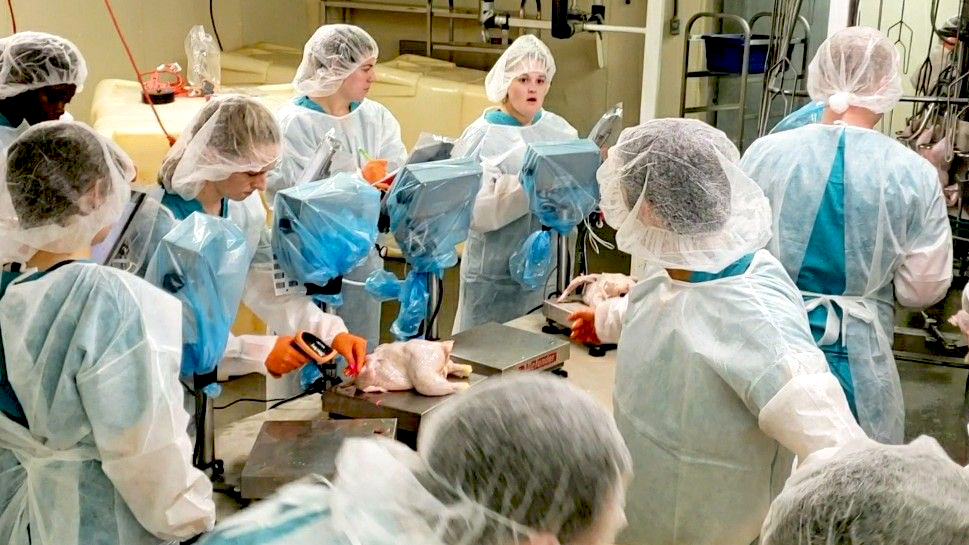
Drs. Charles and Jessica Starkey of the Department of Poultry Science in Auburn University’s College of Agriculture are joining forces with ADM.
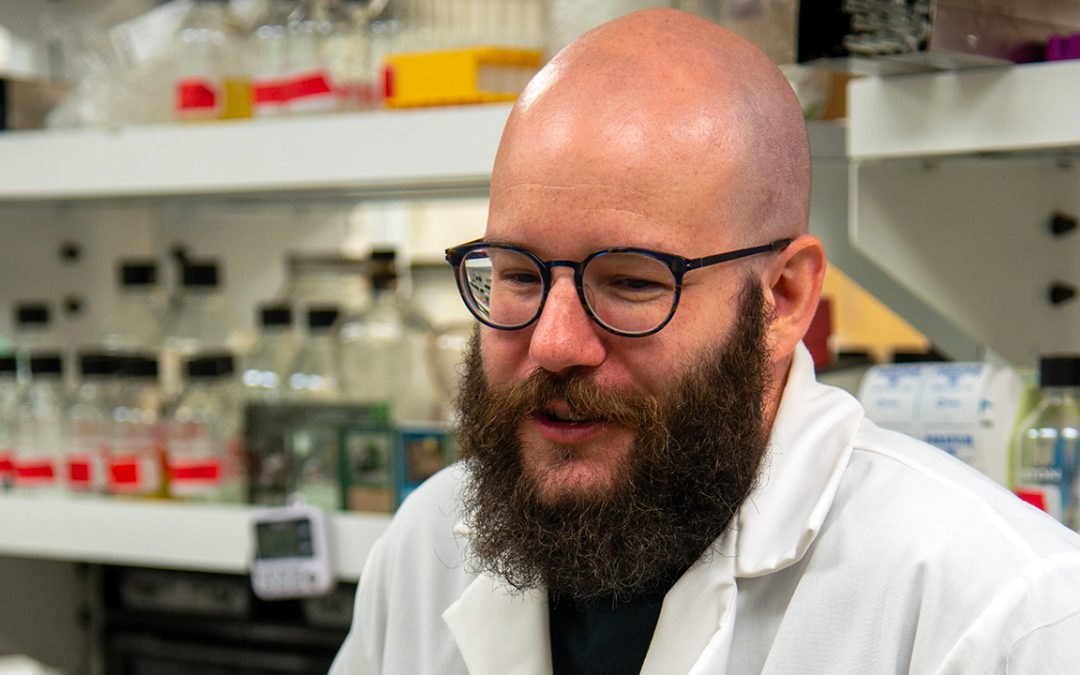
Auburn Entomologist John Beckmann was awarded $868,145 to develop a lightweight material that blocks mosquito bites and retains coolness in hot weather.
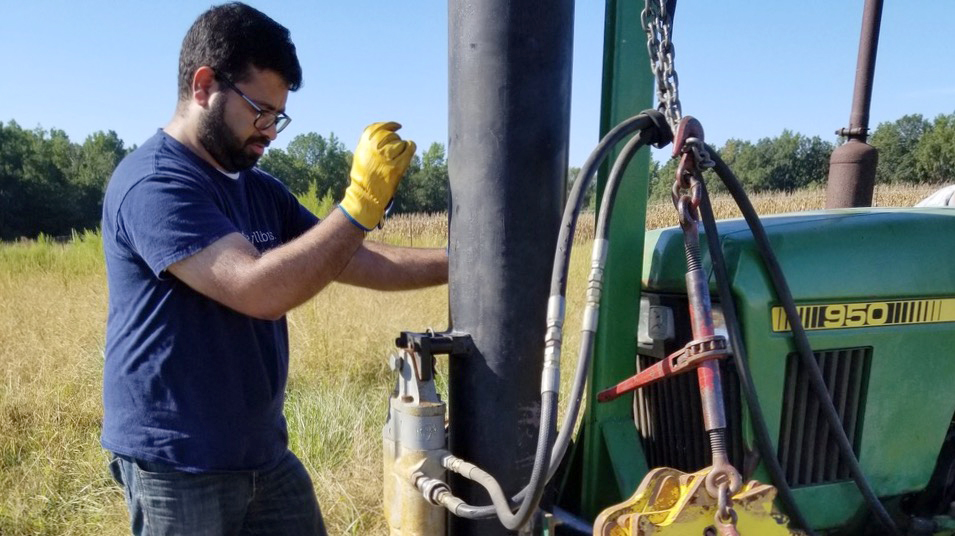
Of special interest to a group of Auburn researchers is the destination of heavy metals — including zinc, copper and lead — in manure used as fertilizer.
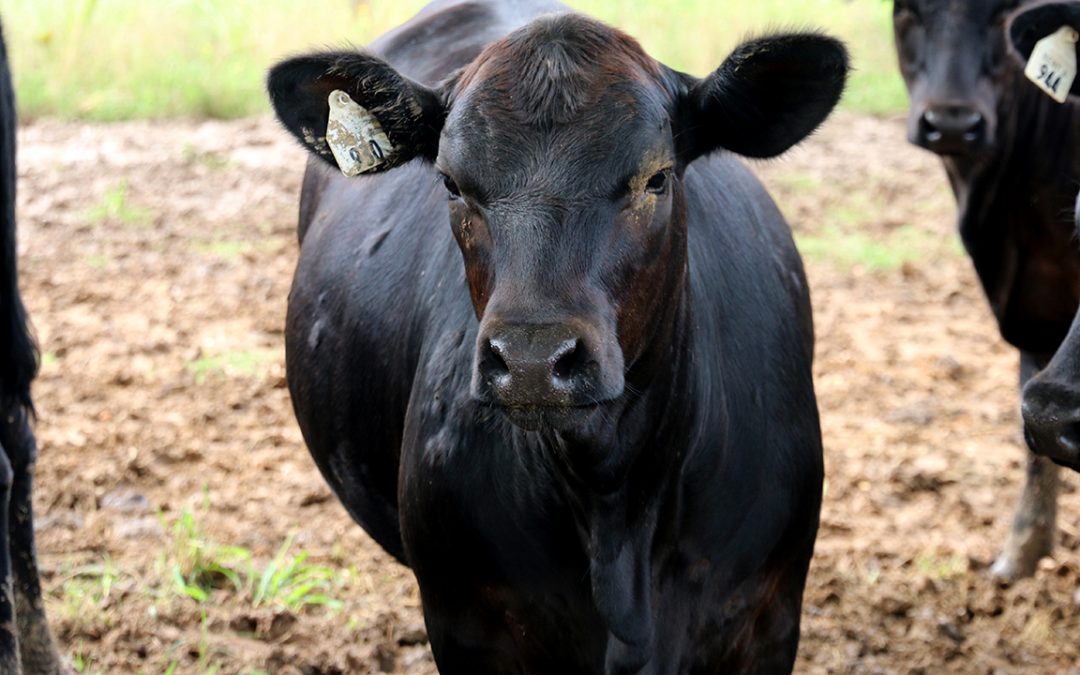
Auburn’s Production Agriculture Research (PAR) grants program is helping the state’s farmers at a time when it’s needed the most.
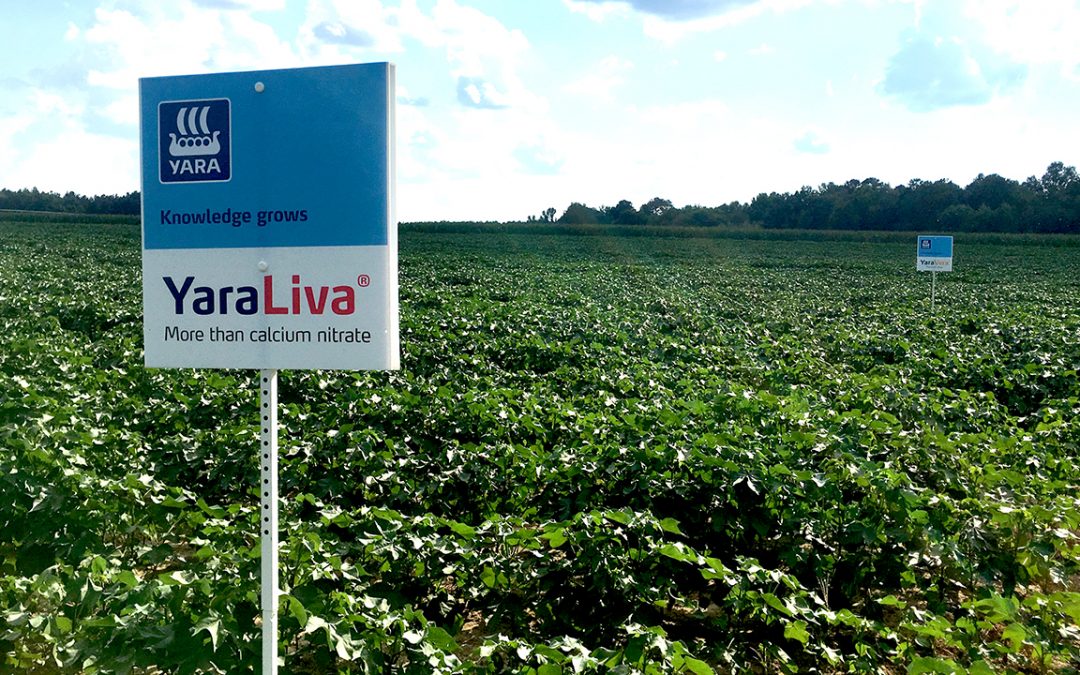
Auburn’s College of Agriculture is joining international corporate partner Yara North America to create a research incubator farm at one of its AAES sites.
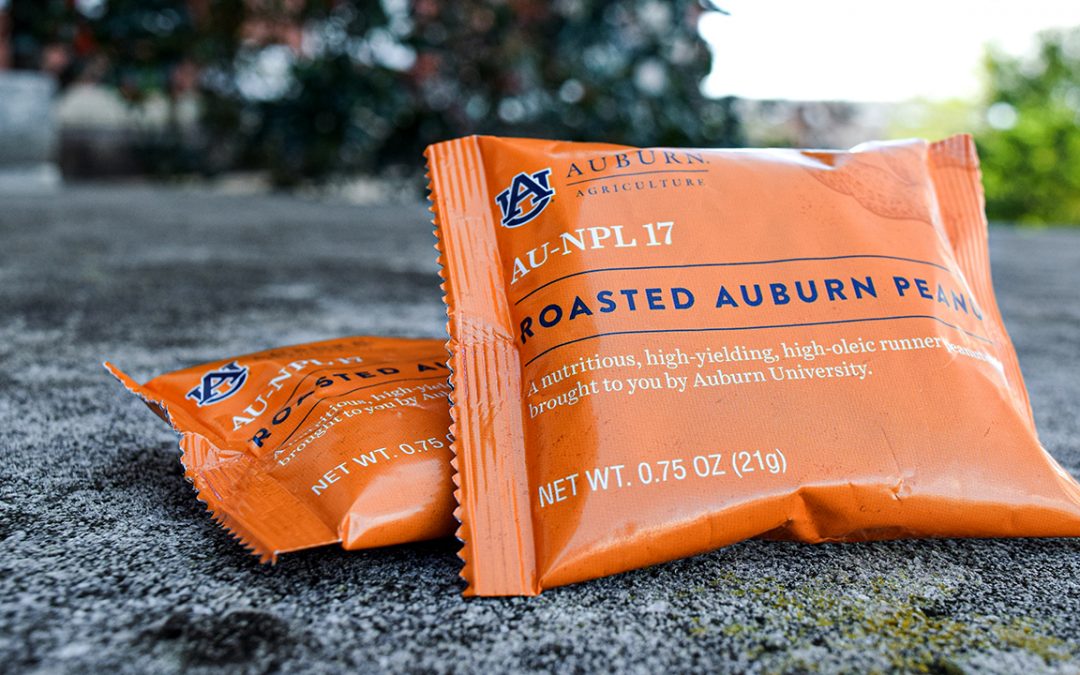
Auburn University’s first foray into the peanut breeding business shows promise in multiple trials.
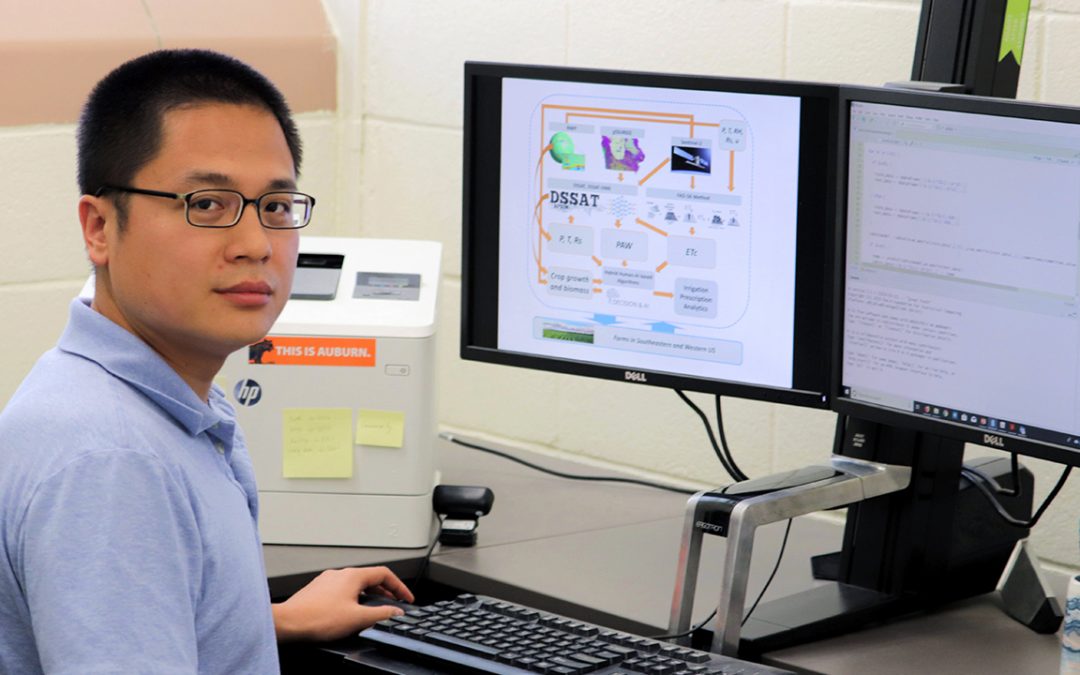
Di Tian, assistant professor in the College of Agriculture’s Department of Crops, Soil and Environmental Sciences is the lead researcher in a $500,000 three-year interdisciplinary project funded by the USDA National Institute of Food and Agriculture.
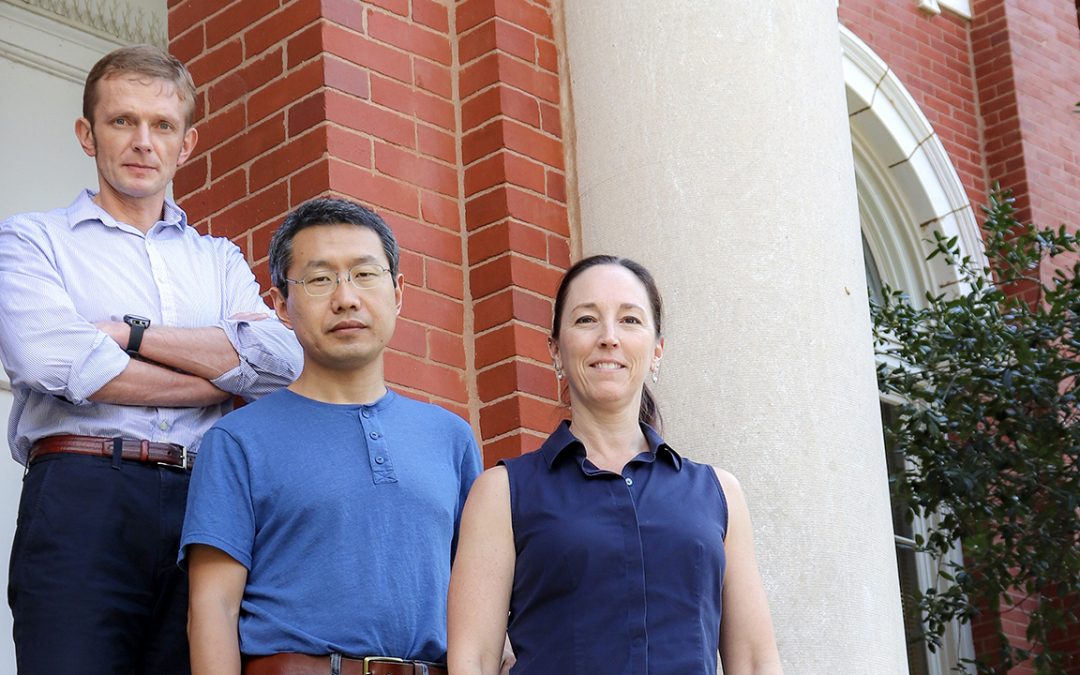
Left to right, Denis Nadolnyak, Ruiqing Miao and Michele Worosz, all of the College of Agriculture’s Department of Agricultural Economics and Rural Sociology, are members of research teams that received grants from the National Science Foundation.
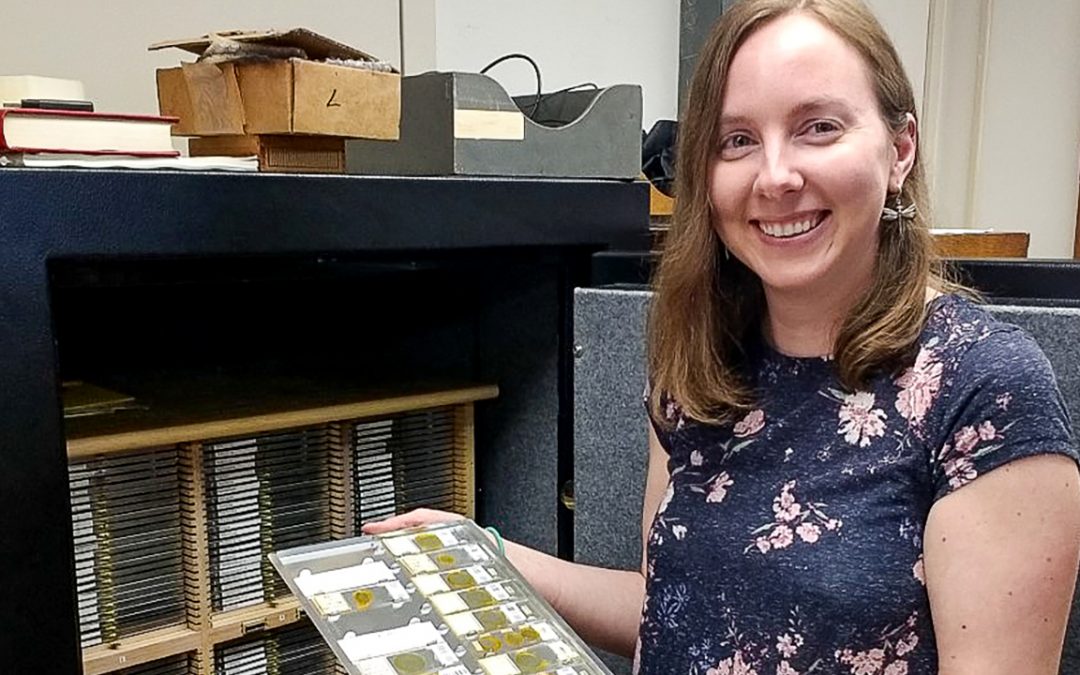
A recent doctoral graduate in the College of Agriculture’s entomology program has completed the first scientific classification and identification study of a group of insects, phylloxerans – an insect similar to an aphid – that has been undertaken in more than a century.
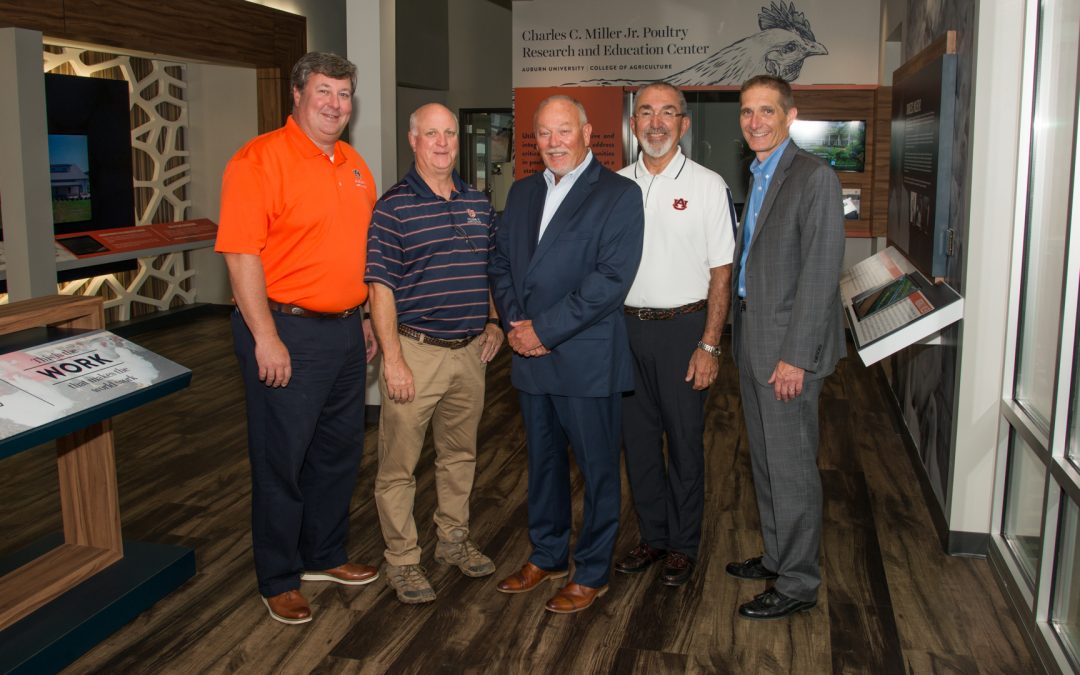
Marel Poultry donates a processing system to Auburn University’s Miller Center in Alabama, USA. Essential to poultry processing research.
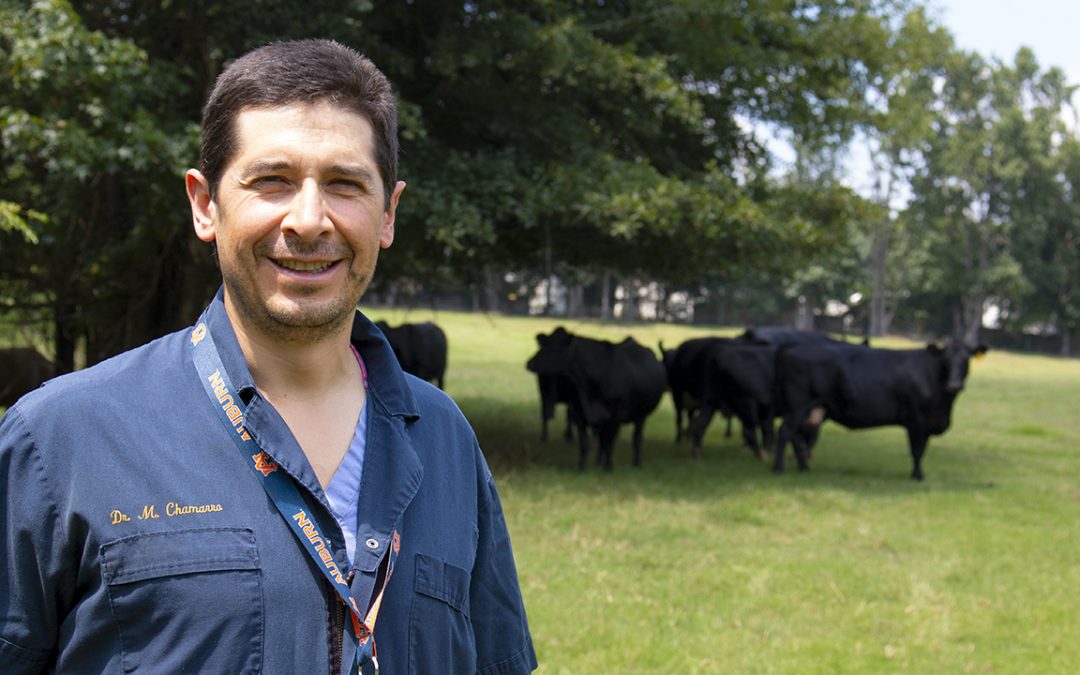
AAES researcher Manuel F. Chamorro, assistant professor of food animal medicine and surgery in the College of Veterinary Medicine, is working on a PAR initiative to help fight the leading cause of death in nursing beef calves older than three weeks of age.
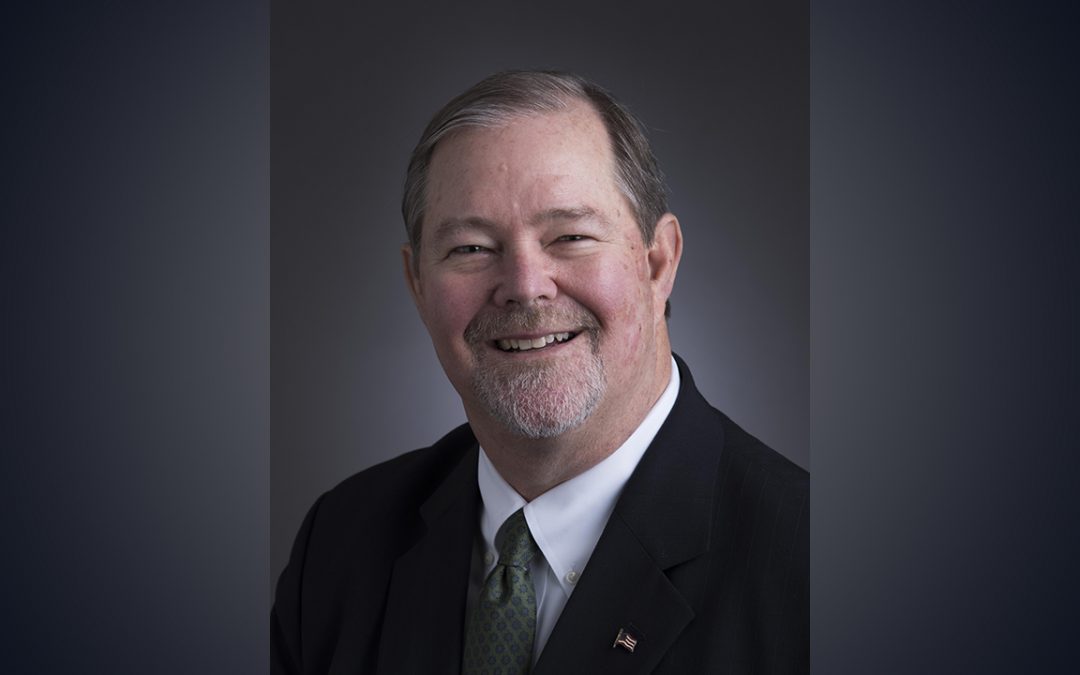
USDA under secretary cites Auburn research in Senate testimony
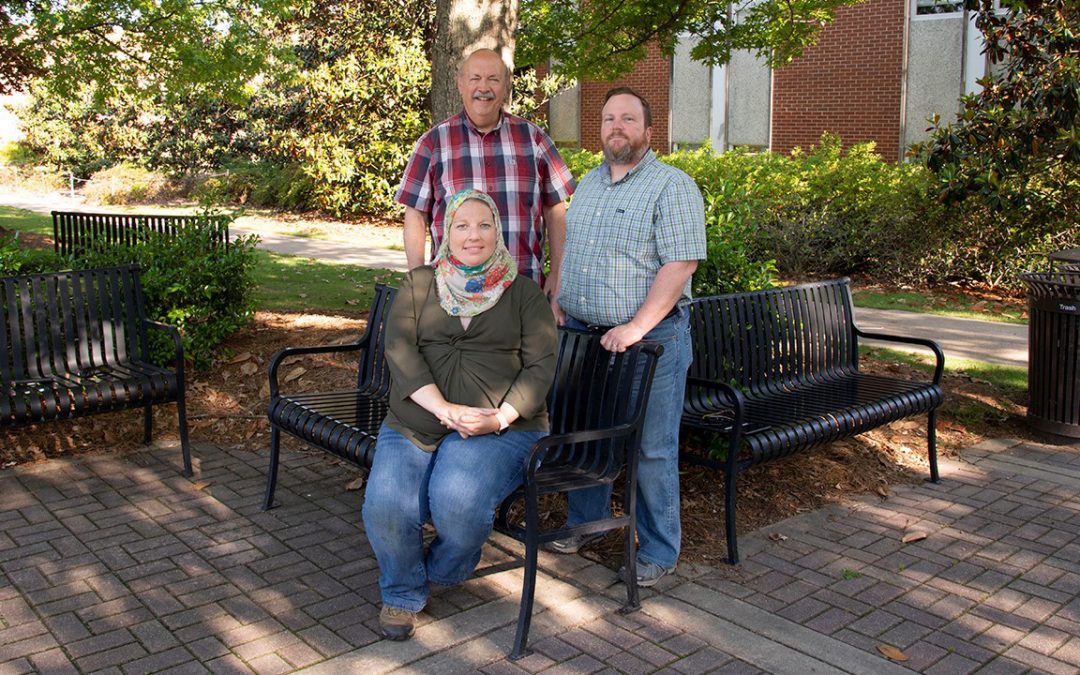
Auburn University researchers are examining the use of beneficial bacteria as an alternative to nitrogen on bermuda grass hay.
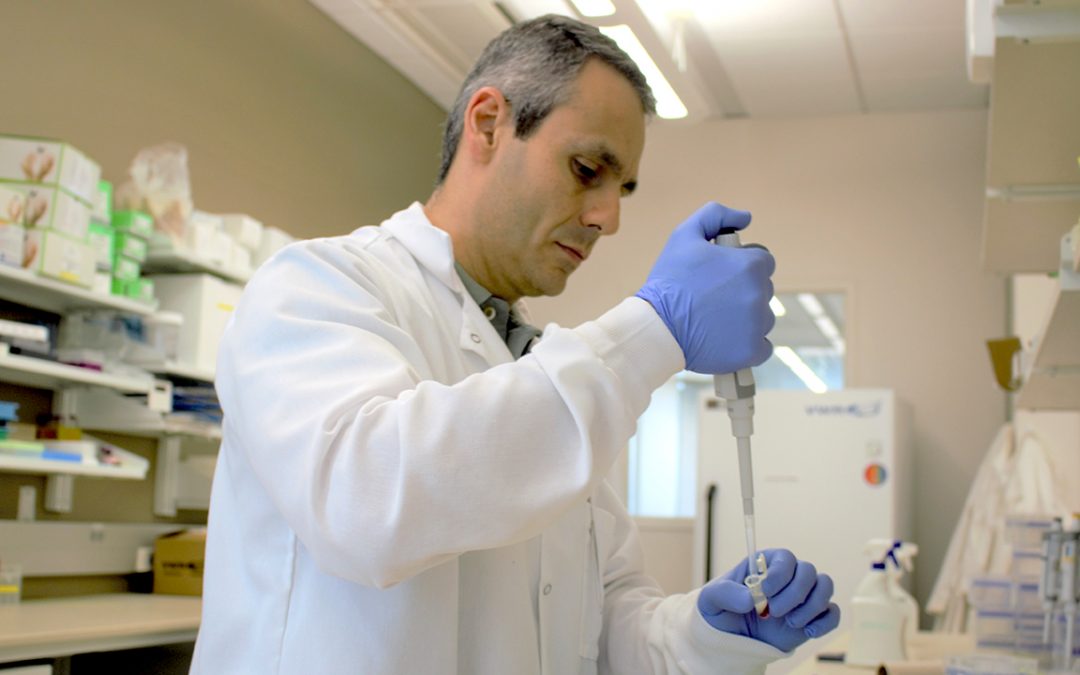
Fernando Biase, assistant professor in the College of Agriculture’s Department of Animal Sciences, is leading a project that will create a basis of knowledge allowing for the development of strategies to improve fertility in beef cattle.
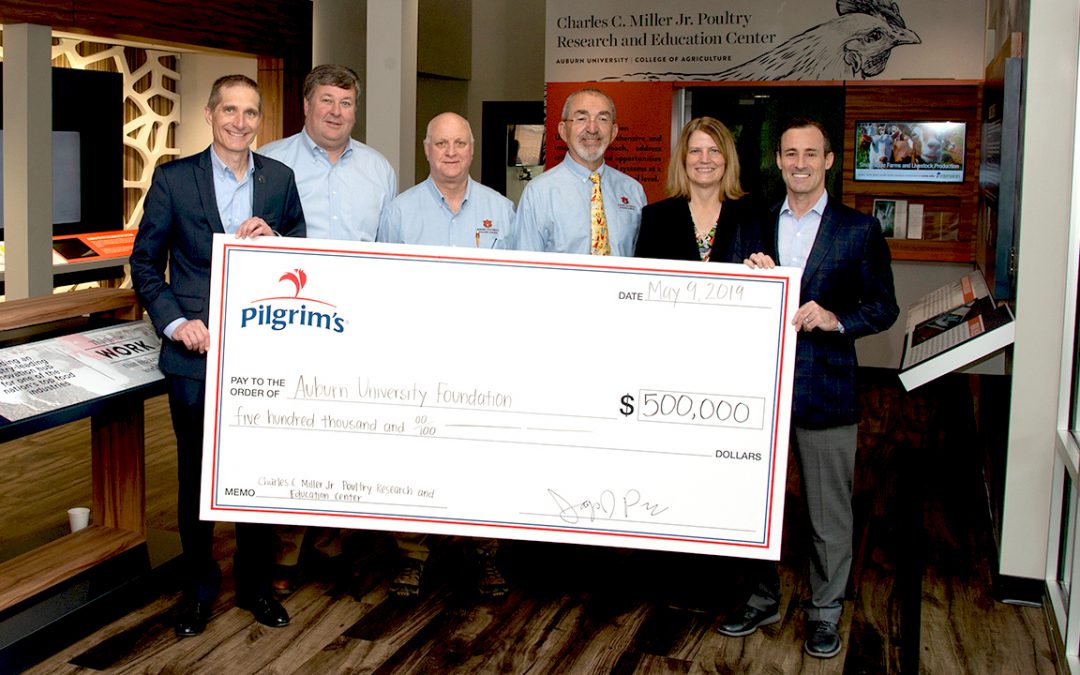
Pilgrim’s makes $500,000 gift to Auburn’s Miller Poultry Research and Education Center
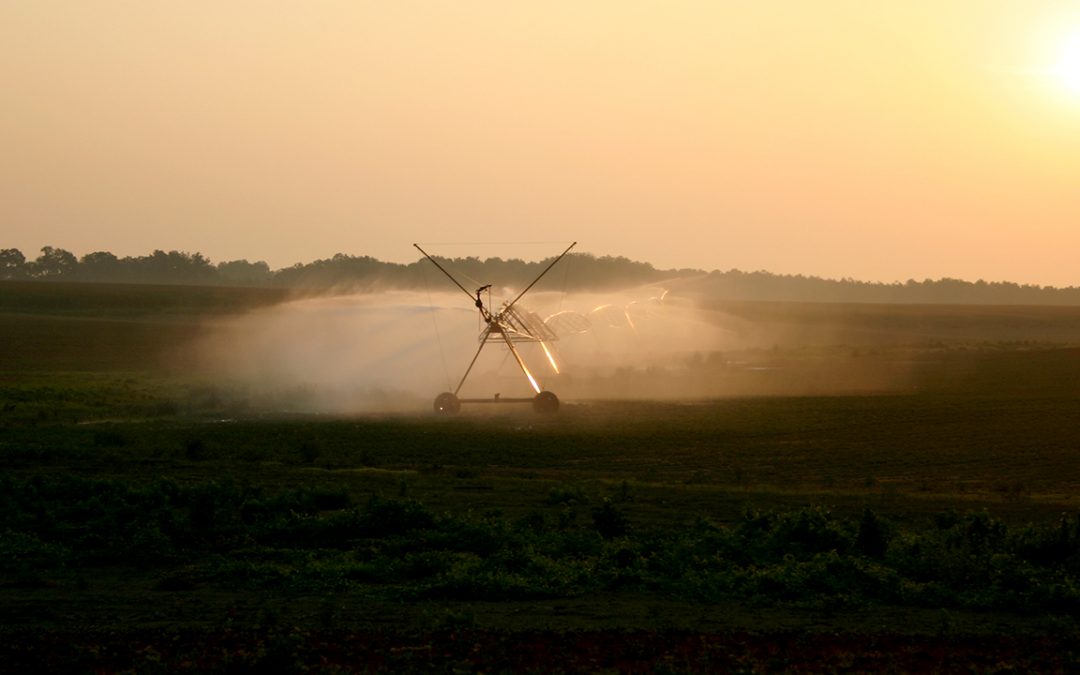
Auburn researchers are working to expand irrigation on farms throughout Alabama in a way that benefits agriculture and conserves natural resources.
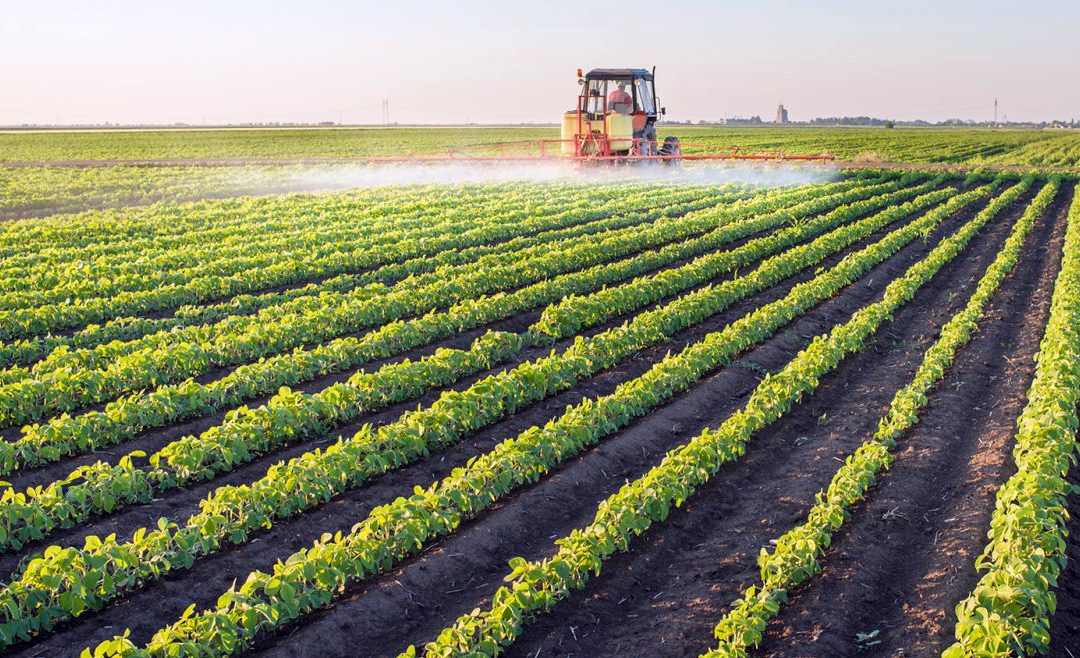
Federal funding legislation recently approved by Congress includes more than $43 million for a new agricultural science facility at Auburn University that will improve food production in the state of Alabama and beyond.
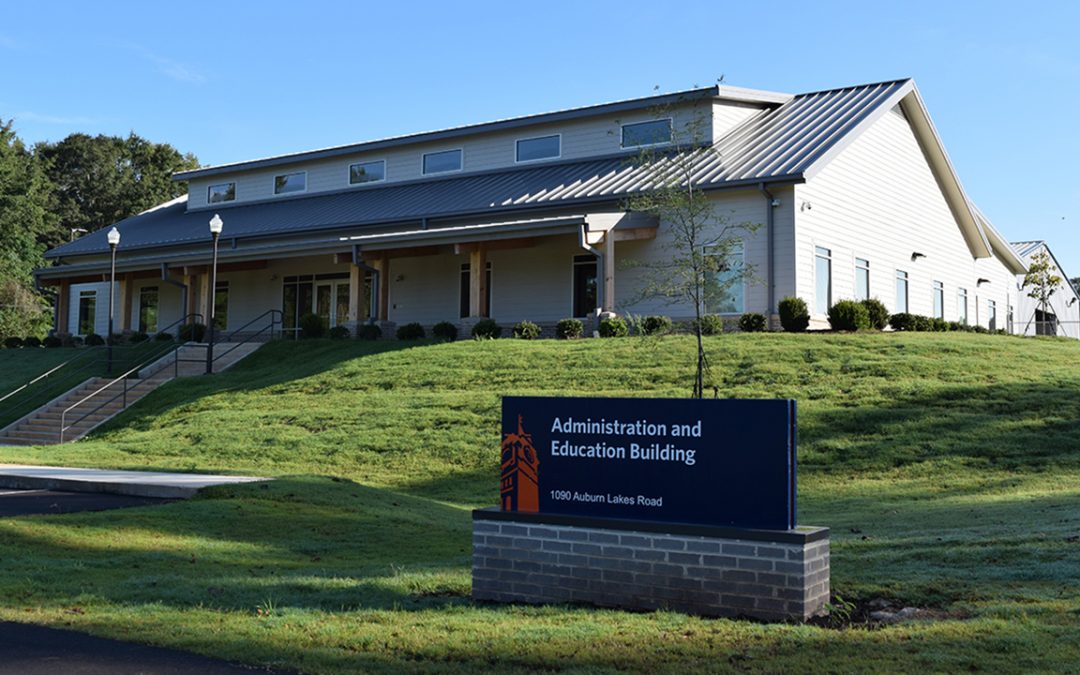
One of the nation’s largest food industries will soon find its innovation hub in Alabama, thanks to Auburn University’s new Charles C. Miller Poultry Research and Education Center.
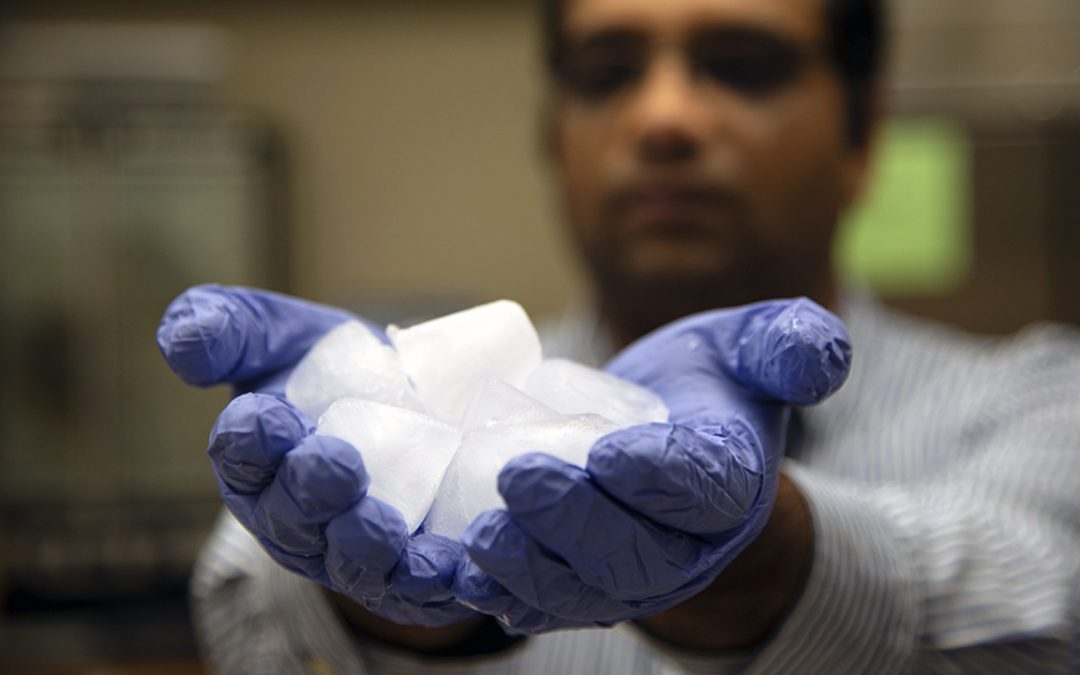
A novel approach to improving food safety during the storage and transportation of raw poultry and seafood has earned Auburn poultry science assistant professor Amit Morey one of only nine New Innovator in Food and Agriculture Research Awards presented nationally in 2018.
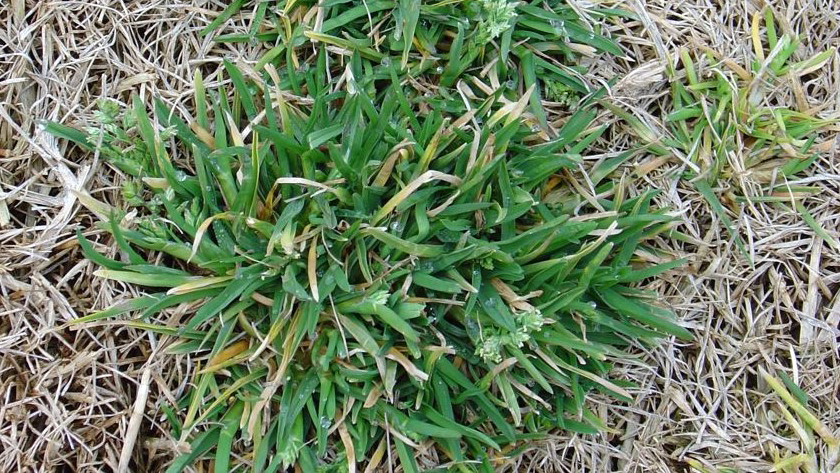
A team of university scientists from across the U.S. is waging a nationwide offensive against a dastardly weed that the turfgrass industry in Alabama and beyond deems Enemy No. 1.

From exploring the viability of new crops such as hemp and grapes to protecting traditional crops such as peanuts and cotton, the College of Agriculture’s Production Agriculture Research, or PAR grants program, is working to provide immediate solutions...

Drs. Charles and Jessica Starkey of the Department of Poultry Science in Auburn University’s College of Agriculture are joining forces with ADM.

Auburn Entomologist John Beckmann was awarded $868,145 to develop a lightweight material that blocks mosquito bites and retains coolness in hot weather.

Of special interest to a group of Auburn researchers is the destination of heavy metals — including zinc, copper and lead — in manure used as fertilizer.

Auburn’s Production Agriculture Research (PAR) grants program is helping the state’s farmers at a time when it’s needed the most.

Auburn’s College of Agriculture is joining international corporate partner Yara North America to create a research incubator farm at one of its AAES sites.

Auburn University’s first foray into the peanut breeding business shows promise in multiple trials.

Di Tian, assistant professor in the College of Agriculture’s Department of Crops, Soil and Environmental Sciences is the lead researcher in a $500,000 three-year interdisciplinary project funded by the USDA National Institute of Food and Agriculture.

Left to right, Denis Nadolnyak, Ruiqing Miao and Michele Worosz, all of the College of Agriculture’s Department of Agricultural Economics and Rural Sociology, are members of research teams that received grants from the National Science Foundation.

A recent doctoral graduate in the College of Agriculture’s entomology program has completed the first scientific classification and identification study of a group of insects, phylloxerans – an insect similar to an aphid – that has been undertaken in more than a century.

Marel Poultry donates a processing system to Auburn University’s Miller Center in Alabama, USA. Essential to poultry processing research.

AAES researcher Manuel F. Chamorro, assistant professor of food animal medicine and surgery in the College of Veterinary Medicine, is working on a PAR initiative to help fight the leading cause of death in nursing beef calves older than three weeks of age.

USDA under secretary cites Auburn research in Senate testimony

Auburn University researchers are examining the use of beneficial bacteria as an alternative to nitrogen on bermuda grass hay.

Fernando Biase, assistant professor in the College of Agriculture’s Department of Animal Sciences, is leading a project that will create a basis of knowledge allowing for the development of strategies to improve fertility in beef cattle.

Pilgrim’s makes $500,000 gift to Auburn’s Miller Poultry Research and Education Center

Auburn researchers are working to expand irrigation on farms throughout Alabama in a way that benefits agriculture and conserves natural resources.

Federal funding legislation recently approved by Congress includes more than $43 million for a new agricultural science facility at Auburn University that will improve food production in the state of Alabama and beyond.

One of the nation’s largest food industries will soon find its innovation hub in Alabama, thanks to Auburn University’s new Charles C. Miller Poultry Research and Education Center.

A novel approach to improving food safety during the storage and transportation of raw poultry and seafood has earned Auburn poultry science assistant professor Amit Morey one of only nine New Innovator in Food and Agriculture Research Awards presented nationally in 2018.

A team of university scientists from across the U.S. is waging a nationwide offensive against a dastardly weed that the turfgrass industry in Alabama and beyond deems Enemy No. 1.